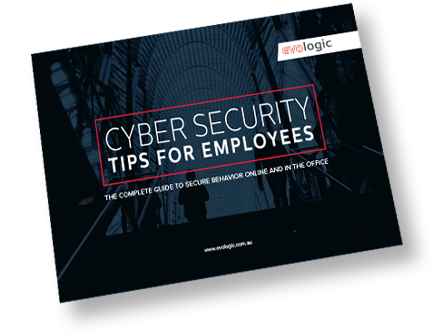In a world driven by technology and digital connectivity, scams and fraudulent activities have become an ever-increasing part of day-to-day life. The growing need for cyber security has become even more prevalent, from online phishing attempts to deceptive schemes, scammers pose a significant threat to both individuals and companies.
There is great importance in reporting scammers. Also equipping individuals and companies with the necessary knowledge to build a more safe and secure digital environment.
Why reporting scammers matters
Reporting scammers isn’t just for personal benefit; combating fraud is a cumulative effort. When you report scams you help protect others from falling victim. You also contribute to the collective knowledge about scamming methods enabling authorities to take action. By reporting scams, you help disrupt scam networks, raise awareness among the public, and help create a safer online environment for everyone.
How to report scammers
Reporting scammers might seem like a big effort. However by collecting simple information via screenshots of text messages, emails, website links or financial transactions you can build a compelling case to report. Below are some practical steps to follow when reporting scammers. Once you’ve collected the information relevant to the scam, you can report the scam to local authorities or online platforms where the scam occurred.
Document the scam
One of the most important steps is to gather as much information as possible about the scam and any associated fraudulent activities. The more evidence you have, the stronger your case becomes, allowing authorities to create a stronger case against the scammers.
Emails and messages
Collect any emails, text messages, or instant messaging conversations related to the scam. Take screenshots or save copies of the communications as evidence. These messages can provide valuable insights into the scammer’s tactics, their requests, and any misleading or fraudulent content they may have used.
Documentation
Keep a record of any documents, receipts, or invoices received from the scammer. These can serve as crucial evidence to support your case. For instance, if you were a victim of an online shopping scam, keep records of the transaction, including order confirmations, shipping details, and payment receipts.
Caller ID and phone records
If the scam involved phone calls, note down the caller’s phone number, date, and time of the calls. This information can help authorities trace the origin of the calls and potentially identify the scammers. In some cases, scammers may use spoofed numbers where the scammer deliberately hides their number and displays a different (often Australian) number, increasing the likelihood that you answer the call. Regardless, providing any available information is still valuable.
Website or online links
If the scam involved a fraudulent website or links, take screenshots or record the URLs. These can be important pieces of evidence to demonstrate the existence of deceptive websites or malicious online content.
Financial records
If you have made any payments or financial transactions related to the scam, gather relevant financial records such as bank statements, credit card statements or transaction receipts. These records can provide a clear trail of funds and support your case when reporting the scam to financial institutions or the authorities.
Remember, the more comprehensive and detailed your collection of evidence, the stronger your case becomes when reporting scammers. Additionally, ensure that you do not tamper with any evidence or engage in unauthorised activities while gathering information.
Contact local authorities to report a scam
Report the scam to your local authorities or consumer government agency. Provide them with all the relevant details and evidence you have collected.
Report a scam to online platforms
If the scam occurred on a specific online platform, such as a social media site or e-commerce platform, report it directly to their support or customer service.
Use reporting resources
Take advantage of dedicated reporting resources such as scamwatch.gov.au. These organisations provide tools and resources to report scams and gather information to build cases against scammers. Cyber.gov.au is also another government platform that allows you to report complaints.
Share your experience
Whenever you experience a scam, inform friends, family, and colleagues about the scam to raise awareness. This will prevent others from becoming a victim to the same or similar schemes.
Strengthen your defence against scammers with Evologic
Partnering with a trusted IT service provider like Evologic is crucial in combating fraud in the ongoing battle against scammers. With specialised expertise and extensive knowledge in cyber security, Evologic can empower you to identify potential scams, implement robust security measures, and navigate the process of reporting fraudulent activities effectively.
Contact Evologic today to learn more about cyber security services.


